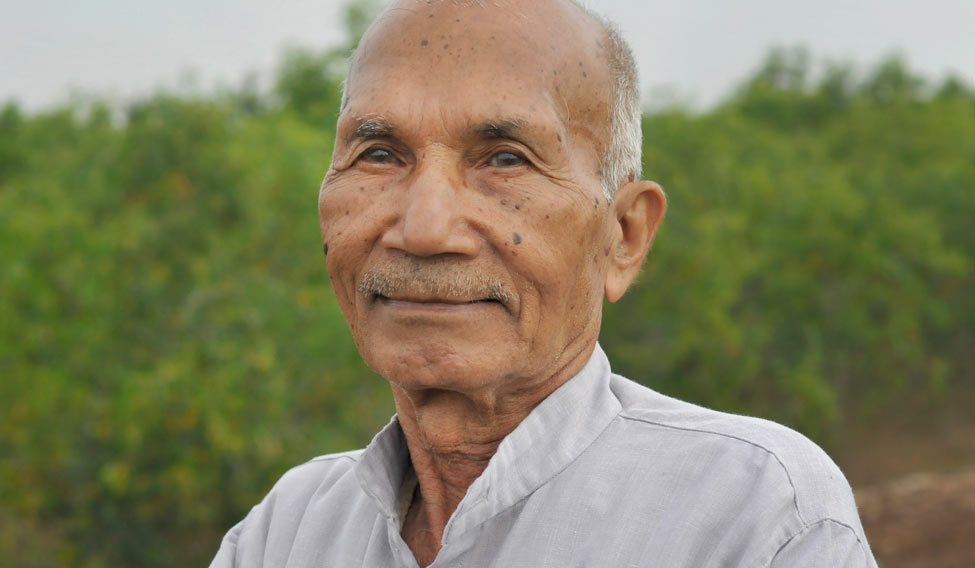Interview with Dharampal Saini, who set up the Mata Rukmini Ashram dedicated to girls' education in Bastar, Chhattisgarh. He was THE WEEK Man of Year 2012.
How has Bastar changed in the last four decades?
There was a time when women in Bastar opened their sari pallu for the shopkeepers to pick currency notes for the grocery they bought. Now, women are running shops and dictating terms. Earlier, the adivasis used to give away several kilograms of precious forest produce, sometimes for just a kilogram of salt. Such practices have almost ended. Bastar has come a long way. Earlier, there were hardly any government employees who wanted to come here and the posts were always vacant. Those posts are now filled by the natives of Bastar, because of education.
What do you regret most in your life?
I have enforced honesty in the ashrams to the extent of cynicism, and because of my obstinacy and strict attitude towards financial matters, I have lost many good friends and workers. I should have limited that attitude to my personal life. My policy of zero tolerance on financial issues have often caused discontent among my staff.
Why are the ashram students unable to secure top government jobs?
Our focus was always on creating a ‘good individual’ with basic education. I could not persuade parents to send their children for higher education. Moreover, we were trapped by the quantity theory in the beginning, as nobody was educated. But now we are focussing on quality. Several of our students are taking coaching classes for professional exams. A son of one of our teachers has made it to the IIT this year.
What are your views on Naxalism?
I came here for educating girls. From the very beginning, I kept away from politics. Eminent Gandhian Nirmala Deshpande once asked me to take the lead in making the Naxals surrender, like the Chambal dacoits. I told her that this was an ideological issue and not a law and order problem like Chambal. I am not here for these things.
When did you first realise that Naxalism is entering Bastar?
In 1978, while travelling to several interior villages, I realised that there was something unusual in the air. I wrote letters to Vinobaji and government functionaries informing them of the new developments. However, I strongly feel that Naxalism is a social problem, a political movement, and not a police problem.
What is the solution to the problem?
Mahatma Gandhi is the only solution, and we teach his philosophy. This situation has emerged in the last three decades and will change with educationwhen these Naxal-affected children will become real leaders with proper education. They will change the scenario. If a toddler born in a Bastar village today is not admitted to any of the residential schools, he will certainly join the Naxals.
When will Bastar give up violence and be part of the mainstream?
It will take the next two generations to completely eradicate this menace. I am hopeful that Naxalism will end. There is no reason why it should not, with the spread of education.
Why do you take government support to run your schools?
Why not? After all, it is our government, it is our money. Once a French NGO approached me. They offered financial support, but with strings attached. I flatly refused. Our biggest donors in the recent times have been the National Mineral Development Corporation, which has constructed two huge buildings in Dhurli, Dantewada, and the Indian Oil Corporation, which has constructed a girls’ hostel at Dimrapal. The local MPs and MLAs have donated generously from their area development funds. Private people have their own hidden agenda, while the government, barring its corrupt system, is much better.
Why have you asked your children to contest elections when they grow up?
Democracy is the key in our country. Earlier I used to think that making the kids join politics may affect their careers. But now I feel that they should come forward and cleanse the system.







